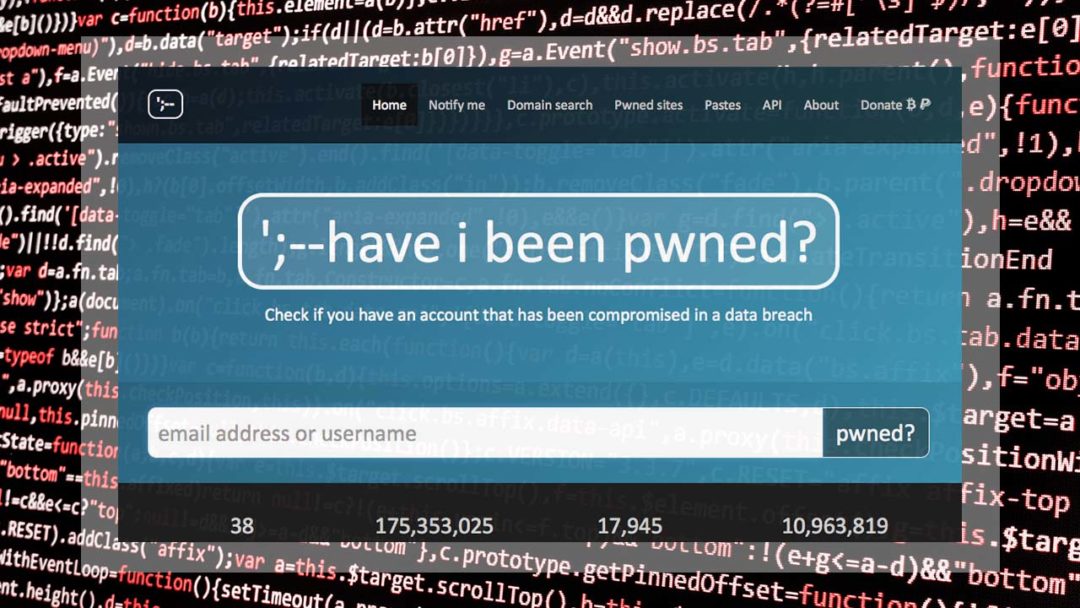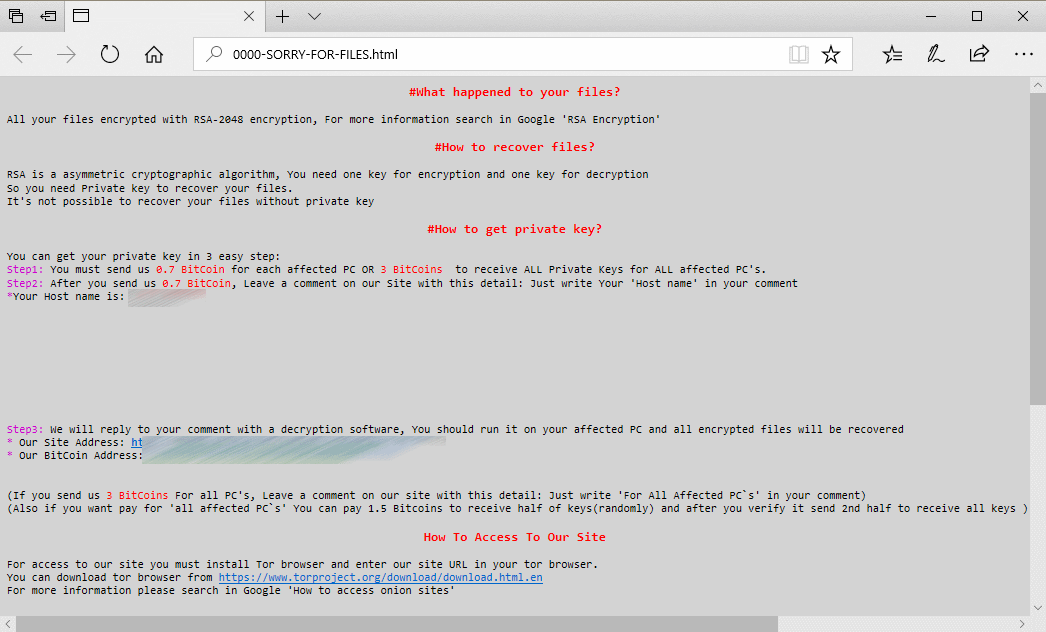A strain of ransomware titled SamSam has earned its handlers over 5.1 million euros to date, according to estimates, since it first began hitting enterprises in 2015. Security firm Sophos has released the data in a report, after tracking the Bitcoin addresses found on SamSam ransom notes and sample files.
Ticketmaster Ireland Among Those Affected in Huge Third-Party Data Breach
It has come to light that a recent breach disclosed by Ticketmaster UK may be much larger than initially reported, with not just the company’s UK site, but also their sites for Ireland, New Zealand, Australia, Turkey and even the US found to contain digital card-skimming code. Similar to the recent breach at Harvey Norman, this incident was caused by cyber criminals compromising a third-party service provider, not the site itself directly, leading security experts to believe many more websites may be at risk or have been compromised. This is part of a concerning new trend whereby cyber criminals are targeting third-party providers, who may deal with hundreds of websites, rather than attacking a website individually, exponentially increasing the damage inflicted.

Ticketmaster originally believed that only its UK website had been compromised, in a statement released last week
Harvey Norman Among Companies Compromised in Third-Party Data Breach
Harvey Norman, the retail giant with 13 stores in the Republic and a further two stores in Northern Ireland, has admitted to customers that it suffered a data breach through a third-party tool used on its website. “We wish to alert you to a data breach that has occurred in the systems of a third-party website service provider, Typeform, which has resulted in the unauthorised access to some Harvey Norman data,” the company said earlier this week in a statement.

Harvey Norman was just one of the many companies affected by a breach at Typeform, a third-party website service provider
How to Check If Your Business or Personal Email May Have Been Compromised
It’s 2018, and cyber crime is on the rise. It seems every other week there is another data breach or cyber attack somewhere in the world, and many people are rightfully apprehensive that they may be hacked too, or even that their details may have been exposed online through a breach of a service that they use. What if your email and password were compromised in the Adobe breach in 2013, the Yahoo breach in 2016, or the LinkedIn breach in 2012? What if your email had been obtained online and sold to cyber criminals as part of a spam list, such as Exploit.In, or the Anti Public Combo List, both discovered in 2016? If so, you may be at risk of hackers gaining access to your accounts, or even committing identity fraud against you. Luckily, security researcher and Microsoft regional director Troy Hunt has developed a database so that you can check to see if you’ve been compromised – so you can secure your online presence again.

haveibeenpwned.com is a breach database run by security researcher and Microsoft regional director Troy Hunt
University of Greenwich Ordered to Pay £120,000 After Data Leak
In one of the last data breach fines to be handed down in a pre-GDPR Europe, the University of Greenwich has been ordered to pay a £120,000 fine to the Information Commissioner’s Office. The breach in question stemmed from a micro-website set up by students in 2004, and ultimately resulted in the details of 20,000 staff members and students being leaked online.


